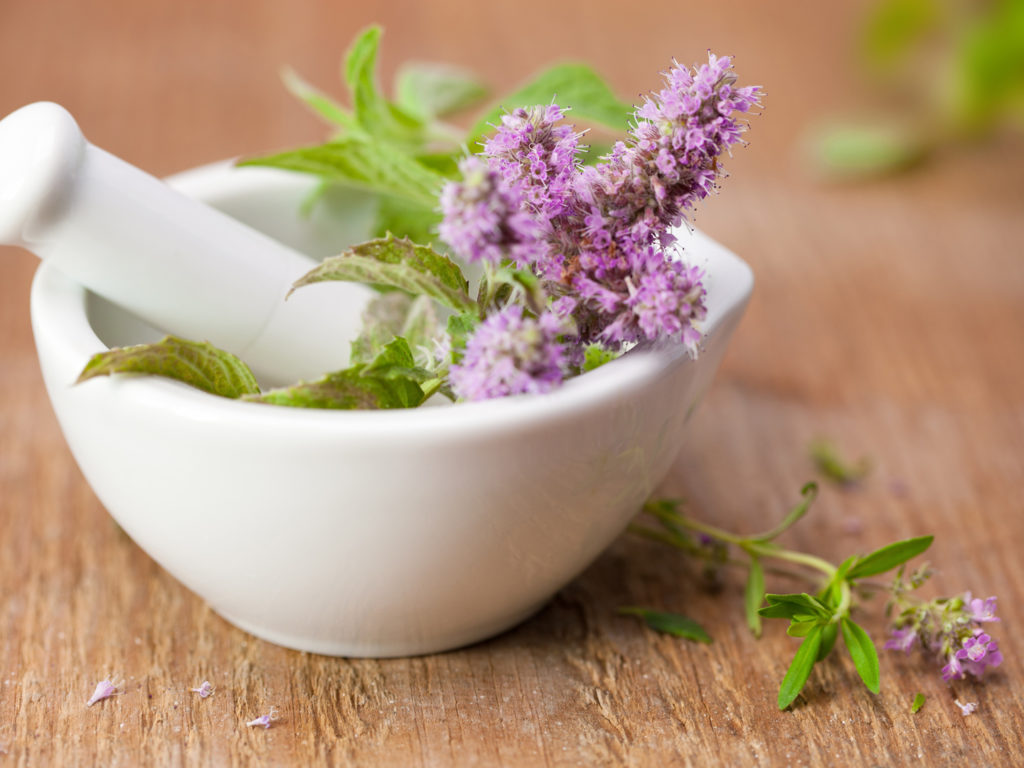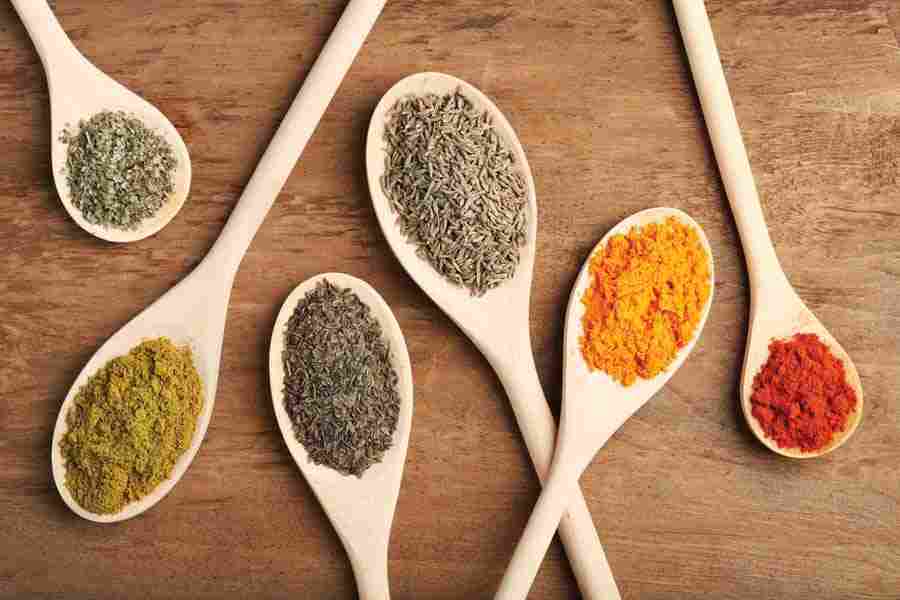What is holistic health care?
Holistic health care is integrated health care—an approach that combines the health of the body, and mind. When something is integrated, two or more systems or elements are combined to form a new, single system. To a holistic practitioner, mind and body are integrated and inseparable. You can’t treat one part or aspect of the body without it affecting other parts.
Is holistic health care any better than allopathic health care? Yes, although many traditional physcians would challenge that assertion. However, even the conservative CDC, the U.S. Centers for Disease Control and Prevention, reports that the key factors influencing an individual’s state of health have not changed significantly over the past 20 years and that lifestyle, the foundation of holistic health care, accounts for the largest impact on our health. According to the CDC the quality of the medical care we receive only accounts for 10% of our wellness. Heredity accounts for 18% and our environment is 19%. It’s our day-to-day lifestyle choices that account for 53% of what our health will be. The decisions we make about our lives, the habits we have, and how and where we live are by far the largest factor in determining our health and wellness— 72% total by their estimates.
Holistic practitioners go even further than the CDC and say almost all our illnesses and premature death can be traced back to our lifestyle choices and environment. Whether it’s drugs, alcohol, nicotine, high carbohydrates, sugar, or unprotected sexual activity our choices ultimately define our level of health.
Most of us can quote the fact that cigarettes, and sugar, and alcohol are bad for our health, but what about things like stress, negative attitudes, attitudes and holding grudges? Combined with deficiencies in exercise, nutritious foods, and self-esteem, our spiritual, emotional, and mental health can help create an environment where diseases like cancer, strokes, arthritis, Alzheimers, and Parkinson’s can take hold. The quality of your life, and your wellness, now and in the future, is actually being determined by a multitude of seemingly unimportant choices made every day. That’s what holistic health addresses.


The Basic Principles of Holistic Health
It might be hard to believe, especially if you are sick now, but the body is designed to heal itself. In fact, a healthy body will recreate itself many times over your lifetime. For instance, according to WebMD, a person’s skin completely replaces itself every 27 days. The epidermis is always making new cells. The new cells are formed at the base of the epidermis and gradually move up in the layer. At the same time, old cells die and work their way to the very top, where they are discarded. This discarding process can be accelerated by exfoliating—when we bathe, or scratch, or rub. It’s an amazing process. Dermatologists tell us that every hour, between 30,000 and 40,000 dead skin cells are sloughed off. This adds up to about 1 million cells in one day. In a year, over eight pounds of skin cells are dropped off and replaced.[1]
It’s not just our skin that is being recreated every day. Our body makes about two million new red cells every second, enough to completely replace all of our blood in under 16 weeks.
We are constantly becoming essentially new people, because every cell in our body is constantly being being replaced by a new cell. Individual cells have a finite lifespan, and when they die off they are replaced with new cells. The New York Public Library’s Science Desk Reference (Stonesong Press, 1995) notes, “There are between 50 and 75 trillion cells in the body… Each type of cell has its own lifespan, and when a human dies it may take hours or day before all the cells in the body die.” [2]
So yes, our bodies strive for health and balance like plants lean into the sun so they can grow. This is what holistic health in humans is based on—a natural desire for health and wholeness. The law of nature shows us that a whole is made up of interdependent parts called systems. The earth is made up of systems, such as air, land, water, plants and animals.
As we’ve learned in recent decades if one system is impacted, all systems are impacted. Poor air quality doesn’t just affect the air. It affects the water, plants, and animals as well. We can’t pollute our waters and expect the rest of the earth not to feel and show the impact.
In the same way, an individual is a whole made up of interdependent systems which we call the physical, mental, emotional, and spiritual. When one system is not working at its best, it impacts all of the other parts of that person. If that weren’t enough, you, as a whole person are constantly interacting with everything in your surrounding environment. That may include your work environment, school, family, or sports teams. If you’re anxious about a job interview, or a work project, a test, or finances your stress may result in a physical reaction–such as a headache or a stomach ache. When people suppress anger at a parent, coworker, friend or family member over a long period of time, they often develop a serious illness–such as migraine headaches, emphysema, or even arthritis, or cancer. This is how our mental and emotional states or systems can impact our physical bodies.

Are you angry much? When we get angry, our heart rate, arterial tension and testosterone production increases, cortisol (the stress hormone) decreases, and the left hemisphere of our brain becomes more stimulated. According to Dr. Mercola, this automatic response to anger can weaken your immune system and lead to a variety of health problems such as:
- Headaches
- Problems with digestion
- Insomnia
- Increased anxiety
- Depression
- High blood pressure
- Skin problems, such as eczema
- Heart attack
- Stroke
Not only that, but anger can lead to other negative emotions like bitterness, hopelessness, futility and overall sadness. [3]
It’s not just Dr. Mercola who has made the connection between our emotions and our physical health. The late Louis Hayes studied the impact and results of different emotional states on our bodies, writing several books about the impact of our emotions and thoughts on our health in her lifetime. Haye believed that “Illness however mild or severe is an indicator of your emotional state, caused by your thoughts and focus.”[4]
For instance, Haye believed that specific emotions resulted in specific disease processes:
Anorexia: Denying the self life. Extreme fear, self-hatred, and rejection.
Anxiety: Not trusting the flow and the process of life.
Apathy: Resistance to feeling. Deadening of the self. Fear.
Appetite: Excessive: Fear. Needing protection. Judging the emotions.
Arm: Represents the capacity and ability to hold the experiences of life.
Arteries: Carry the joy of life.
Arthritic Fingers: A desire to punish. Blame. Feeling victimized.
Arthritis: Feeling unloved. Criticism, resentment. – Rheumatoid Arthritis: Feeling victimized. Lack of love: Chronic bitterness. Resentment. Deep criticism of authority. Feeling very put upon.
Asthma: Smother love. Inability to breathe for one’s self. Feeling stifled. Suppressed crying.
Athlete’s Foot: Frustration at not being accepted. Inability to move forward with ease.[5]
Most allopathic doctors would laugh at her charts, but even conventional medical science has determined there is such a thing as a “cancer personality.” The “cancer personality,” or “Type C” personality was coined in 1979 by Dr. Lydia Temoshok. Richard Sagebiel, MD, who headed a melanoma clinic in San Francisco, noticed “a strange pattern of stress and coping” among his patients. He asked Dr. Temoshok to make a study of them as she was conducting research into stress and its impact on health. She found the patients who were not doing well, having the thickest tumors and poorest prognosis, were:
- Bottling up their emotions.
- They were emotionally flat.
- They hardly ever expressed anger or any negative emotion.
- They were unable to acknowledge sadness or fear.
- They dismissed or ignored strong emotions.
- They were pleasant to a fault, regardless of circumstances.
- They were overwhelmingly nice. Uncomplaining. Unassertive.
- They tended to be cooperative and patient.
- Were constantly in denial – using denial as a coping strategy.
- Were people pleasers. Always putting others first. Overly self-sacrificing. More concerned about the other people in their lives rather than themselves. Striving unduly to please others – even strangers — leaving their own needs unattended.
- Prone to guilt and self-blame. Low self-esteem.
She then dubbed these characteristics as Type C. Modern medical science says they have been unable to find any connection between personality and cancer, yet there are hundreds of doctors who have also documented the connection between mind/attitude/emotions with disease, especially cancer, so the debate rages on. [6]
The principles of Holistic Health state that health is more than just not being sick. If we look at our health and wellness as a continuum along a line we can see the far left end of the line represents premature death. On the far right end is the highest possible level of wellness or maximum well-being. The center point of the line represents a lack of apparent disease. However, even when we’re in the middle of the line, apparently healthy, we can see there’s room for improvement. Holistic health is an ongoing process.
Who is using holistic health care methods?
You might be surprised who has climbed on the holistic healthcare bandwagon. According to the CDC in 2007, adults in the United States spent $33.9 billion out of pocket on visits to Conventional and Allopathic Medicine (CAM) practitioners and purchases of CAM products, classes, and materials. Nearly two-thirds of the total out-of-pocket costs that adults spent on CAM were for self-care purchases of CAM products, classes, and materials during the past 12


months ($22.0 billion), compared with about one-third spent on practitioner visits ($11.9 billion). Despite this emphasis on self-care therapies, 38.1 million adults made an estimated 354.2 million visits to practitioners of CAM. About three-quarters of both visits to CAM practitioners and total out-of-pocket costs spent on CAM practitioners were associated with manipulative
and body-based therapies. A total of 44% of all out-of-pocket costs for CAM, or about $14.8 billion, was spent on the purchase of nonvitamin, nonmineral, natural products.[7] What do those users know about holistic health care—obviously that it works.
What is integrated holistic health care?
Sometimes the term “integrated health care” is used to describe the combination of both holistic care and allopathic or conventional medicine rather than just body and mind. The more accurate term for that kind of medical integration is CAM or Complimentary and Allopathic Medicine. In CAM treatments or practitioners both holistic (complimentary) and traditional (allopathic) methods are combined to treat various diseases or syndromes, like depression with such things as:
- Chromium, a supplement, for atypical depression
- Cranial Electrical Stimulation for depression
- Folate, a supplement, for depression and to enhance the effectiveness of conventional antidepressants
- Inositol, a nutritional supplement, for depression
- Omega-3 polyunsaturated fatty acids (fish oil) for mood stabilization and depression and to enhance the effectiveness of conventional antidepressants
- Rhodiola (Rhodiola rosea) for mild to moderate depression
- S-Adenosyl-L-Methionine (SAM-e) for depression and to enhance the effectiveness of conventional anti-depressants
- Yoga for depression and schizophrenia
Homeodynamic Model
The most fundamental principle of Holistic medicine is that health is not just the absence of disease, but a dynamic state of balance in a living energy system. This core principle of holistic health means that individuals are in a constant and dynamic relationship to health and to illness. Because health is not a constant state of being, every day brings new stresses, challenges, and events that can and do impact our health, we must always strive for the balance that reflects good health. Good health is a lifestyle, something we do every day, like we sleep, work, and live. The homeodynamic model demonstrates this principle of living. True healing focuses not just on the treatment of symptoms, but on the underlying root causes of imbalance and disease.
If you were or are overweight, you know it’s easier to lose five pounds quickly rather than 50 or 250 pounds in the same amount of time. Our health is the same way. By monitoring it daily and paying attention to small imbalances and correcting them as they arise, it’s much easier to maintain our health. If we’re very much out-of-balance when we start, it’s going to take longer, and feel more overwhelming at times than if we’d learned and practiced this model of health early on in life.


The Homeodynamic Model emphasizes the interaction between an individual and his/her environment to discover what factors promote or prevent health and well-being. Harmony and balance in all areas reflect a state of wellness, while disharmony and imbalance result in disease. There are several major sources of imbalance, as demonstrated in the Homeodynamic Model. Rather than the common belief that optimum wellness is the absence of disease, the homeodynamic model believes that in order in achieve wellness there must be a dynamic state of balance in the body’s living energy system—something that is achieved by creating balance in the body, mind, emotions, and spirit. [8]
Body
Are you eating properly? While there may be many different kinds of diets, from paleo to ketogenic, vegetarian etc. the bottom line with any nutrition is whether or not your body is getting the nutrients, the right amount of protein, carbohydrates, and fat it needs to function well. Are you eating processed foods? Sugar? Diet can impact things like sleep, our ability to handle stress, and our energy levels—which can also cause stress. Diet is a major factor in inflammation of various organs as well.
Mind
Our mind is most often thought of as the seat of our conciousness, our personality, the thing that we recognize as what determines our thoughts, and who “we” are a human being. We rarely think of it as having any connection to our body, but it does. We even refer to it as such—having “butterflies” in our stomachs, for instance. Or, experiencing an unpleasant thought as “making our skin crawl.” If we misread a ticket and think we’ve “won the lottery” our body reacts as though we actually did—sending adrenaline and other endorphins and hormones coursing through us. Our mind then, directs the flow of information through our nervous system. This information flow consists of feelings, thoughts, pain, pleasure, and awareness of all that is happening to you. Pleasure and pain shape us and affect us. Our thoughts, whether positive or negative, can bring us health, or disease. The mind then, is a critical component of the holistic system.
Emotions
The idea that our emotions impact our health and the development of disease is not new. Even the conservative Centers for Disease Control and Prevention (CDC) has stated that 85 percent of all diseases appear to have an emotional element, but the actual percentage is likely to be even higher.
It’s not just that our emotions can trigger our body to release hormones and substances detrimental to our health, our emotions can actually trigger our genes to either express health or disease. Chronic anger, stress, resentment, holding grudges etc. can be detrimental to your short and long-term health.
Scientists have known for decades that everyday emotional stress is a trigger for the growth of tumours. They discovered that any sort of trauma, emotional or physical, can act as a “pathway” between cancerous mutations bringing them together in a potentially deadly mix.
The findings, published in a 2010 issue of Nature, seemed to show for the first time that the conditions for developing the disease can be affected by your emotional environment including every day work and family stress.
Spirit
Spirit, or “soul” as it is often referred to, is a broad concept with room for many diferent perspectives—from formal religion to a sense of connection to something larger than ourselves. Spirituality typically involves a search for meaning in our life—whether it’s to connect with a creator, or to make the world a better place by providing some product, service, or mentorship that helps others.
[1] https://www.aad.org/public/kids/skin/the-layers-of-your-skin
[2] https://www.livescience.com/33179-does-human-body-replace-cells-seven-years.html
[3] https://articles.mercola.com/sites/articles/archive/2010/06/17/what-happens-when-you-get-angry.aspx
[4] http://alchemyofhealing.com/causes-of-symptoms-according-to-louise-hay/
[5] http://alchemyofhealing.com/causes-of-symptoms-according-to-louise-hay/
[6] https://www.cancerdefeated.com/do-you-have-a-cancer-prone-personality/3087/
[7] https://www.cdc.gov/nchs/data/nhsr/nhsr018.pdf
[8] https://www.nycollege.edu/blog/?tag=homeodynamic-model
